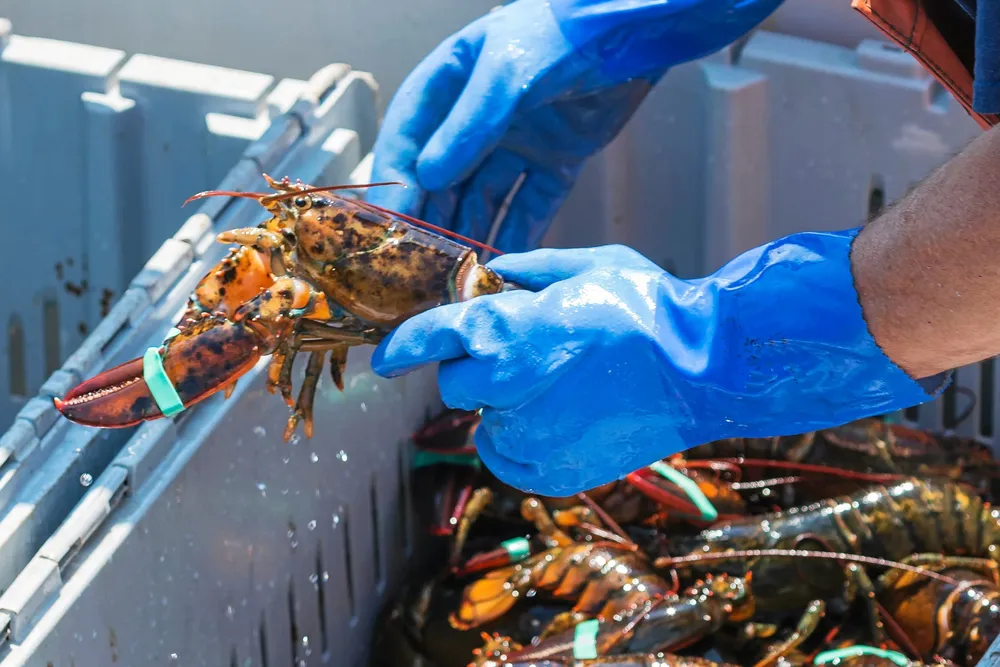Another US state offshore wind tender falls victim to Trump
Maine has decided to delay indefinitely its first floating wind procurement in a further sign of the sector’s diminishing prospects

New England’s northernmost state Maine has postponed its initial offshore wind tender indefinitely as President Donald Trump’s sector hostility has diminished its chances of procuring capacity.
Under current governor Janet Mills, Maine has ramped its decarbonization and offshore wind goals, mandating 3GW by 2035, with its first procurement slated for 1 July.
The state is adjacent to the sprawling deepwater Gulf of Maine wind energy area holding some 13GW of potential floating wind capacity, according to data from the Department of the Interior.
Last month, though, Dan Burgess, head of the Governor’s Energy Office (GEO) sent a letter to the Maine Public Utilities Commission (PUC) requesting a delay “due to recent changes in the energy landscape that have caused significant uncertainty in the offshore wind industry.”
PUC at its most recent meeting assented to this request, according to local media.
Floating vanguard
Maine has been at the vanguard of floating wind development through the University of Maine (UMaine)’s many research efforts.
UMaine’s patented VolturnUS concrete floating hulls underpinned a consortium that included the university, the state, and Mitsubishi’s Pine Tree Offshore Wind (PTOW)’s to develop a 144MW array in the nation’s first floating wind research lease.
In April, however, PUC granted Pine Tree Wind’s request to suspend offtake negotiations for the project amid the fallout of Trump’s memorandum.
Under former President Joe Biden, the US aimed to lead floating wind technology. Biden set a 15GW by 2035 goal driven by steep cost declines.
The industry has progressed more slowly than expected due to cost concerns, with the US National Renewable Energy Laboratory estimating costs up to $280/MWh, more than double fixed bottom.
Burgess confirmed offshore wind “remains an important part of Maine’s long-term energy future,” adding: “GEO will continue to closely monitor the industry landscape and communicate when industry conditions for the solicitation may improve.”
GEO would continue to work with stakeholders to “draft a robust offshore wind energy solicitation that advances the industry and protects ratepayers,” Burgess said.
(Copyright)